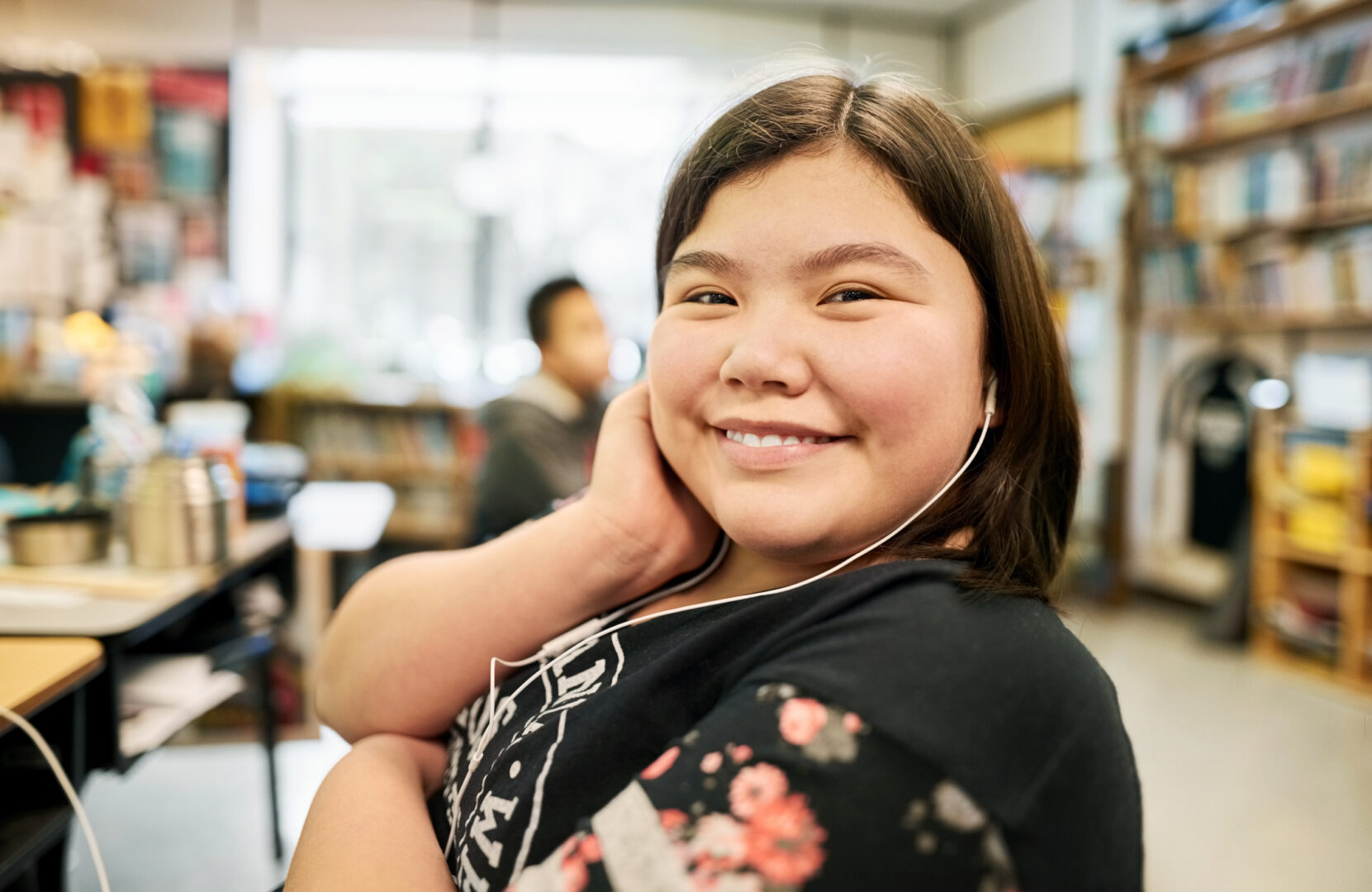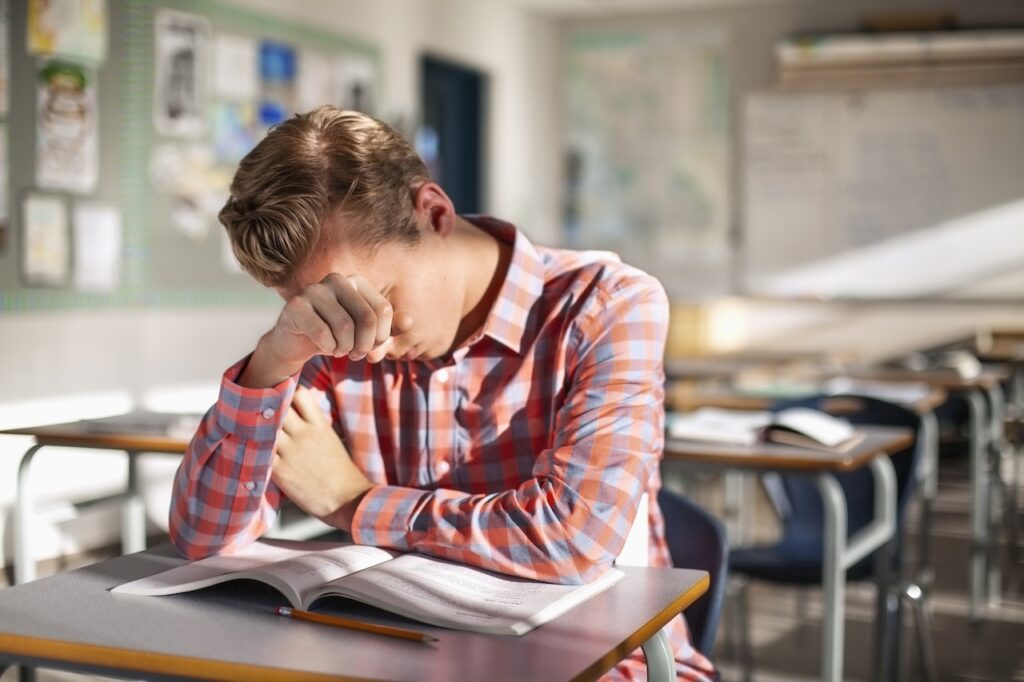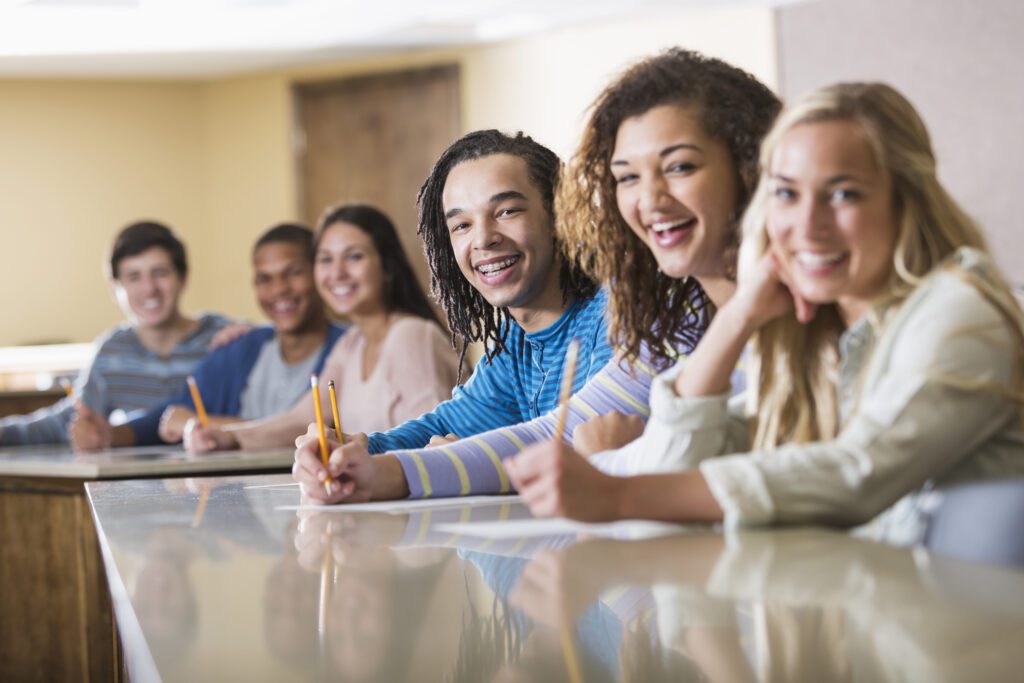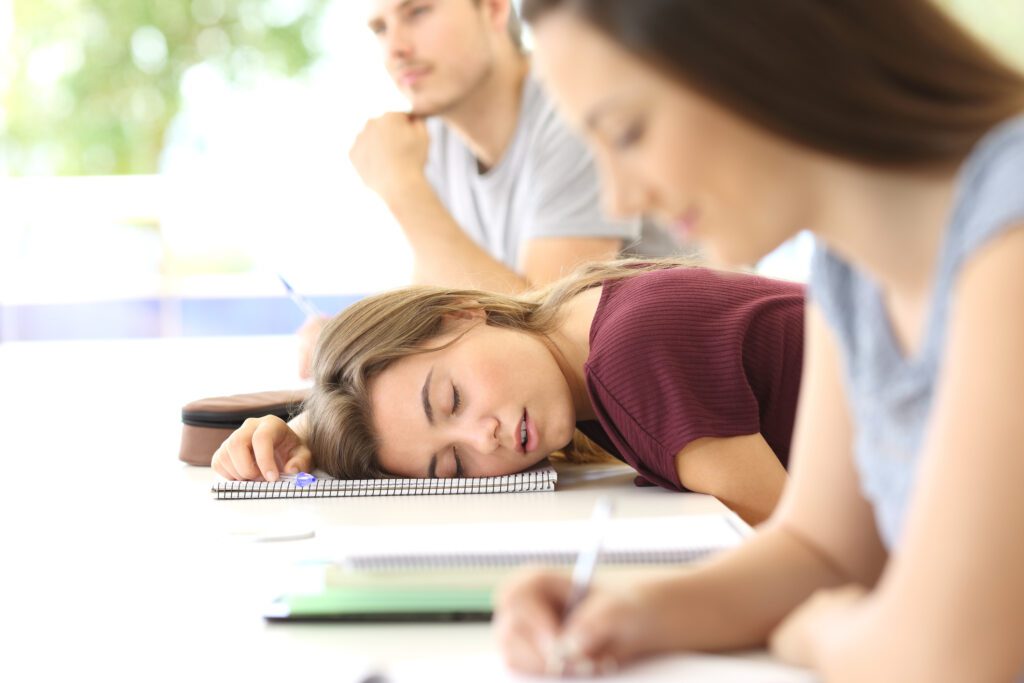Learning in a pandemic taught students many new skills such as the importance of resiliency and of extending gratitude.
Gratitude, it turns out, plays a role in both mental health and physical health. Gratitude can help reduce anxiety, lead to better sleep, and help students harness positive thinking to increase motivation and grades! A recent study in China found that grateful teens tend to be less anxious and depressed because they have stronger coping flexibility—a better ability to think of and use different coping strategies to fit whatever problems they face.
The Power of Positivity
Negative experiences weigh more on the mind than positive ones. Psychologists estimate it takes three good emotions to balance out a single bad one. Since gratitude is the act of focusing on the good in life, gratitude helps students build positive emotions which aid students by allowing more mental capacity for the learning process.
Gratitude reduces responses to stressful situations. When students focus on the positive, they build a strong sense of self which makes students want to try harder to be successful in the classroom.
Being Grateful and Learning
Gratitude can positively impact students by:
- Increasing social and emotional well-being.
- Develop more comfort to growth and change.
- Leading to better sleep
- Boosting connections among peers, which improves attendance and class participation
- Lead to higher grades
Practice Gratitude Daily
Dwelling on the negative can affect mental health and well-being. Poor mental health can affect a student’s ability to be present and learn. Keeping the brain exercised regularly, includes flexing the “gratitude muscle” to build stronger gratitude skills. Below are a few ways students can learn to implement gratitude into their daily lives.
- Write in a journal daily, guided by prompts or by making a list of things to be grateful for
- Participate in gratitude activities, like a gratitude jar or creating a collage
- Use a gratitude app
- Get outside to appreciate the beauty of nature
- Sign up as a volunteer at a non-profit organization
- Meditate with your gratitude list
- Say thank you more often
- Make it a part of everyday life. For example, share what everyone is grateful for during dinner
Skills For Succees
Like meditation or other wellness practices, practicing gratitude can help students rewire their brains in a way that helps them become more resilient. To help your student develop stronger skills for school, contact a GradePower Learning location near you.







